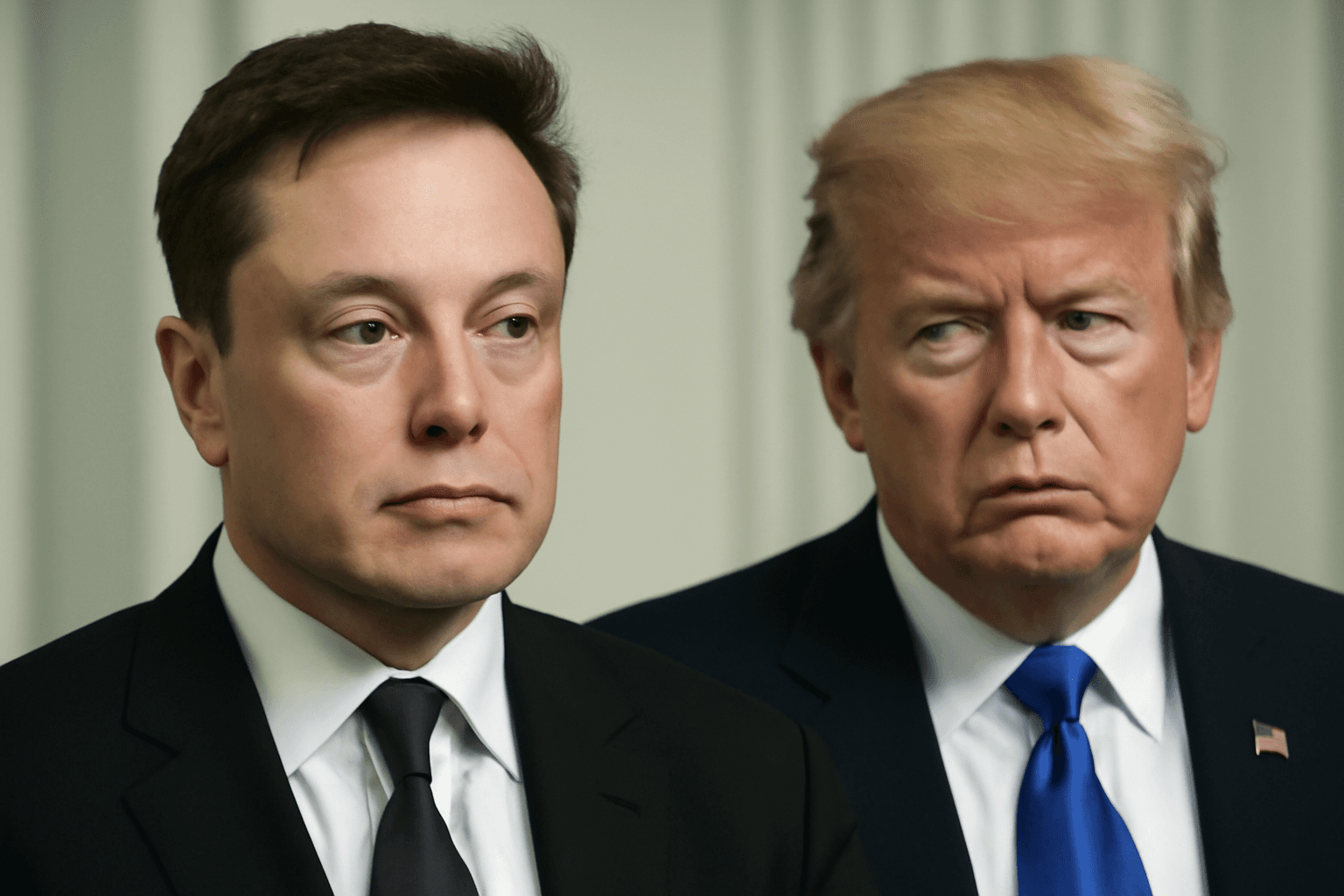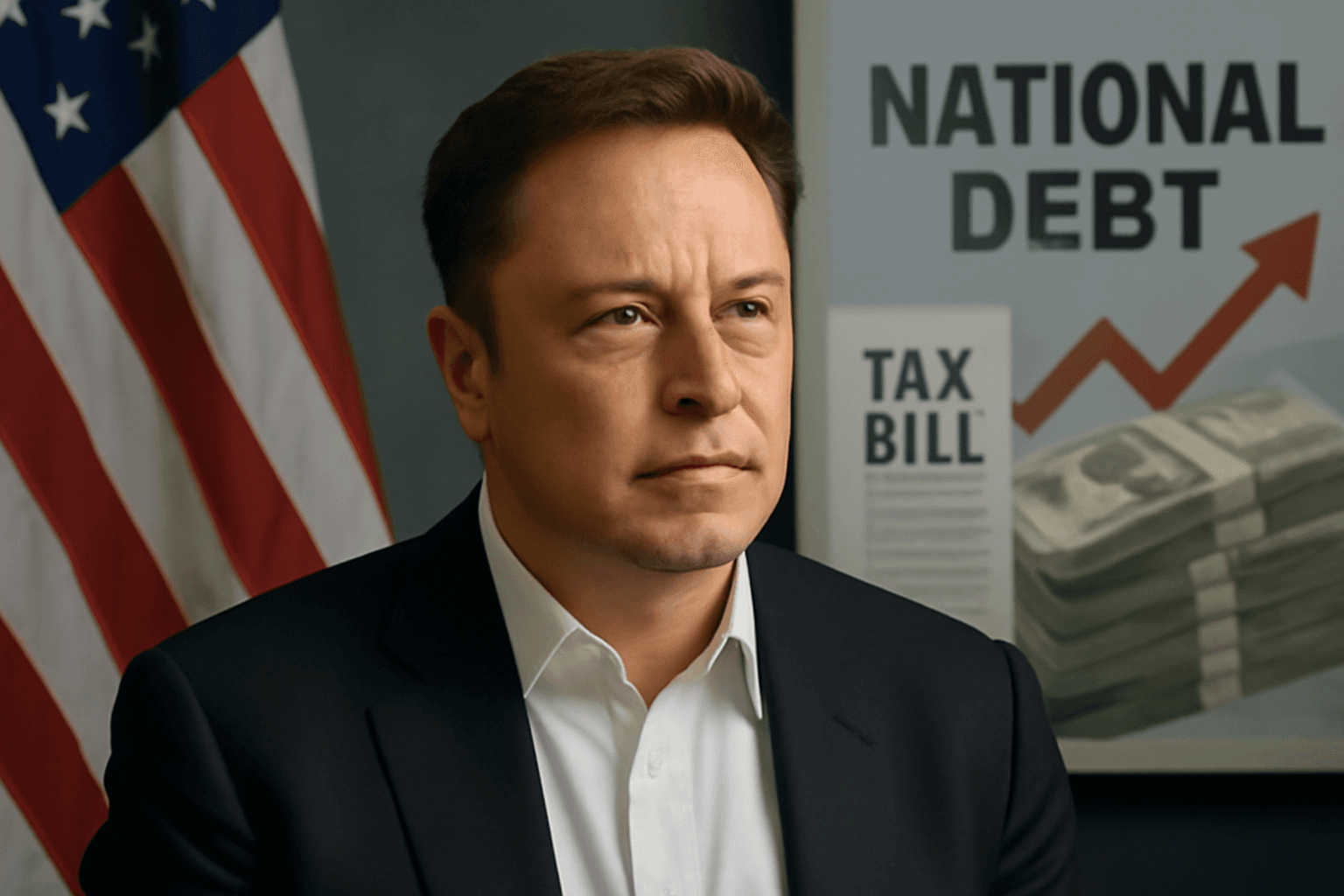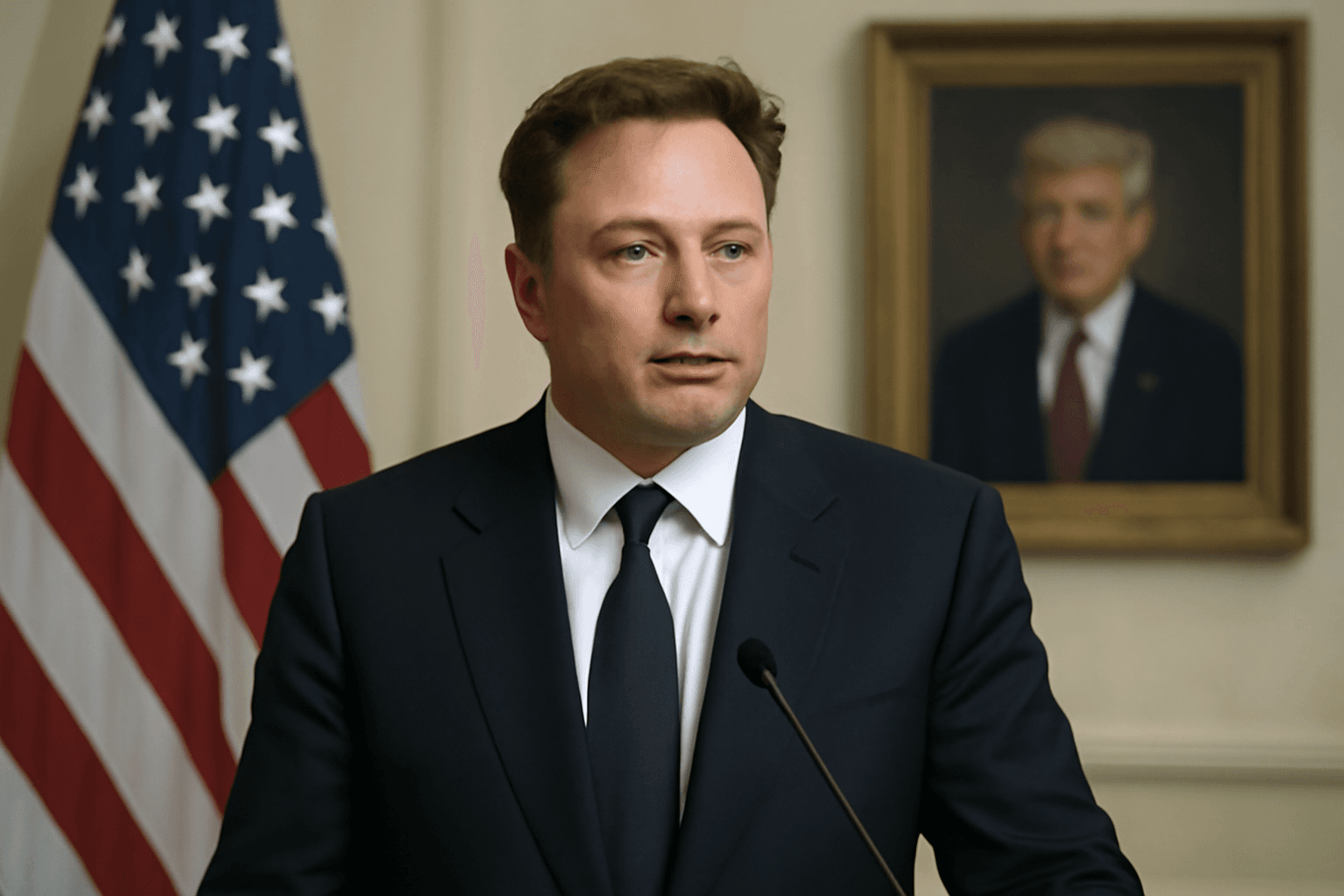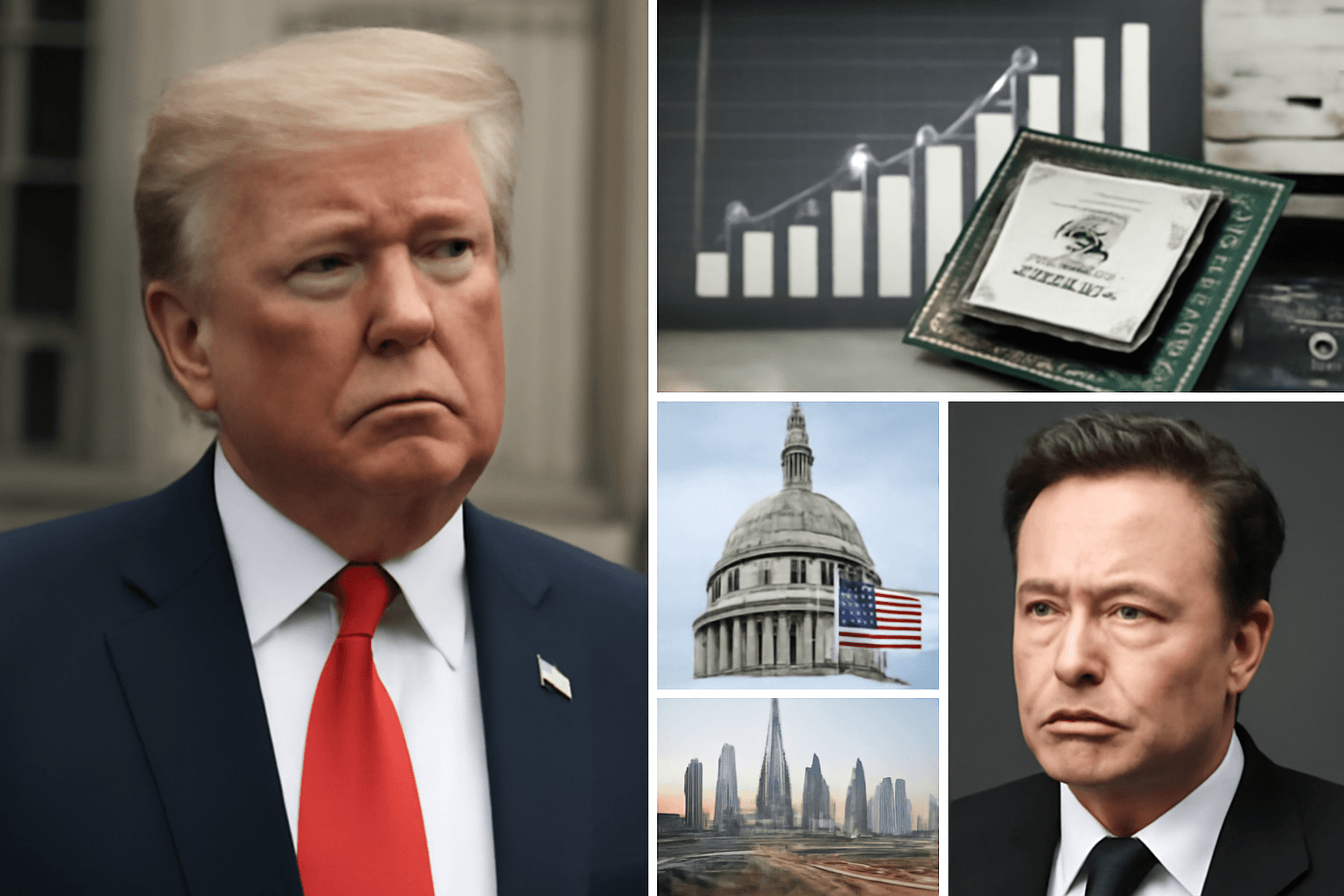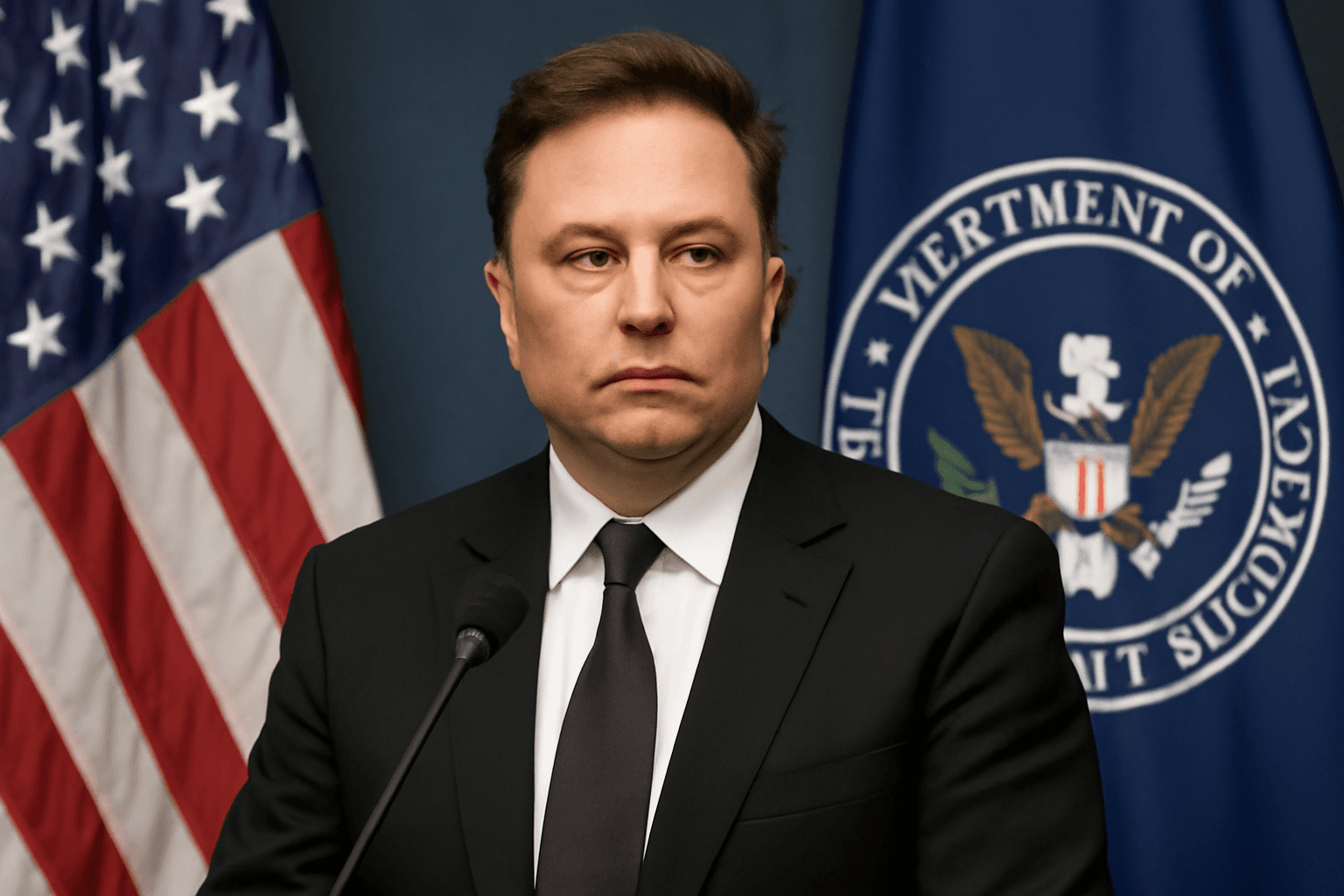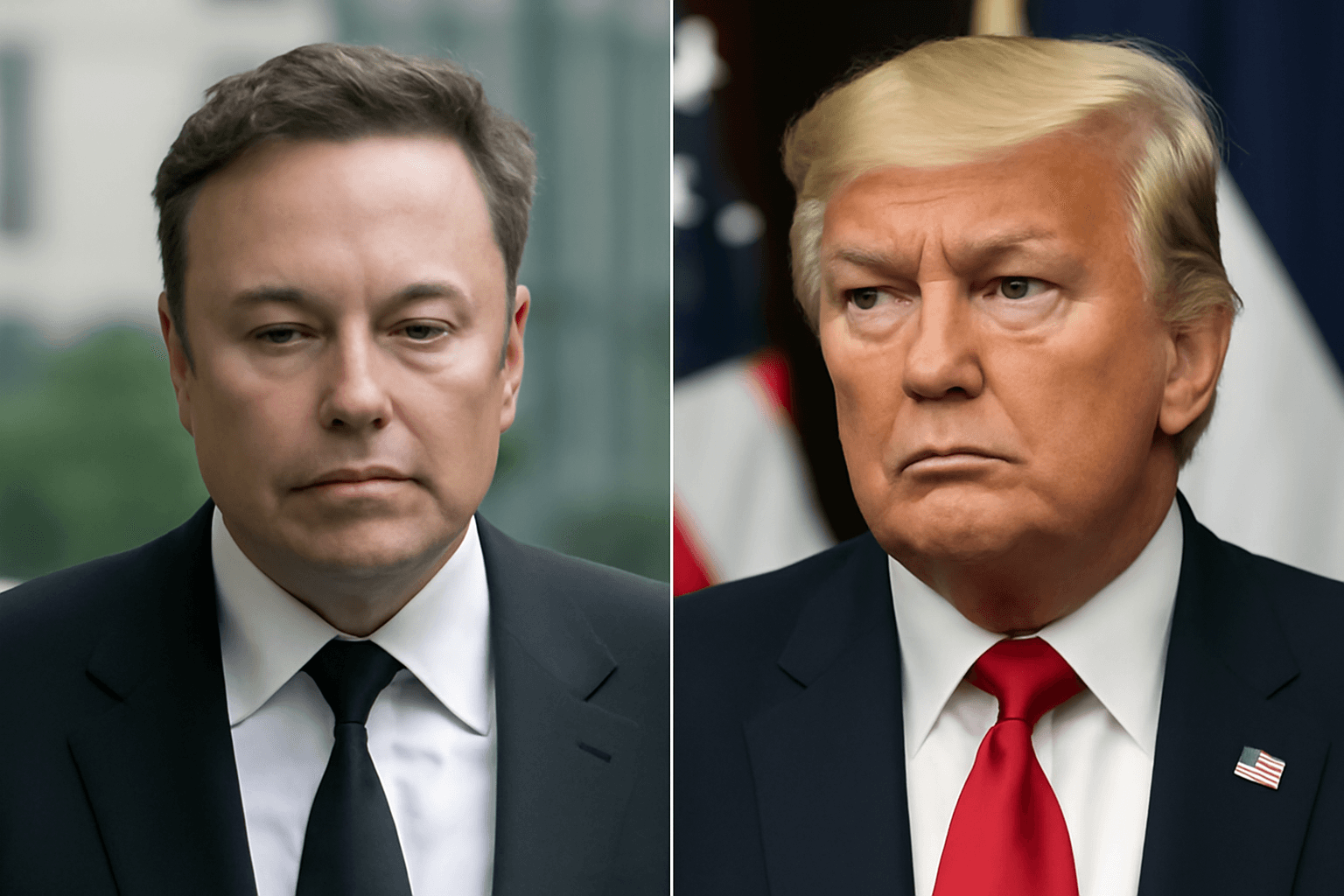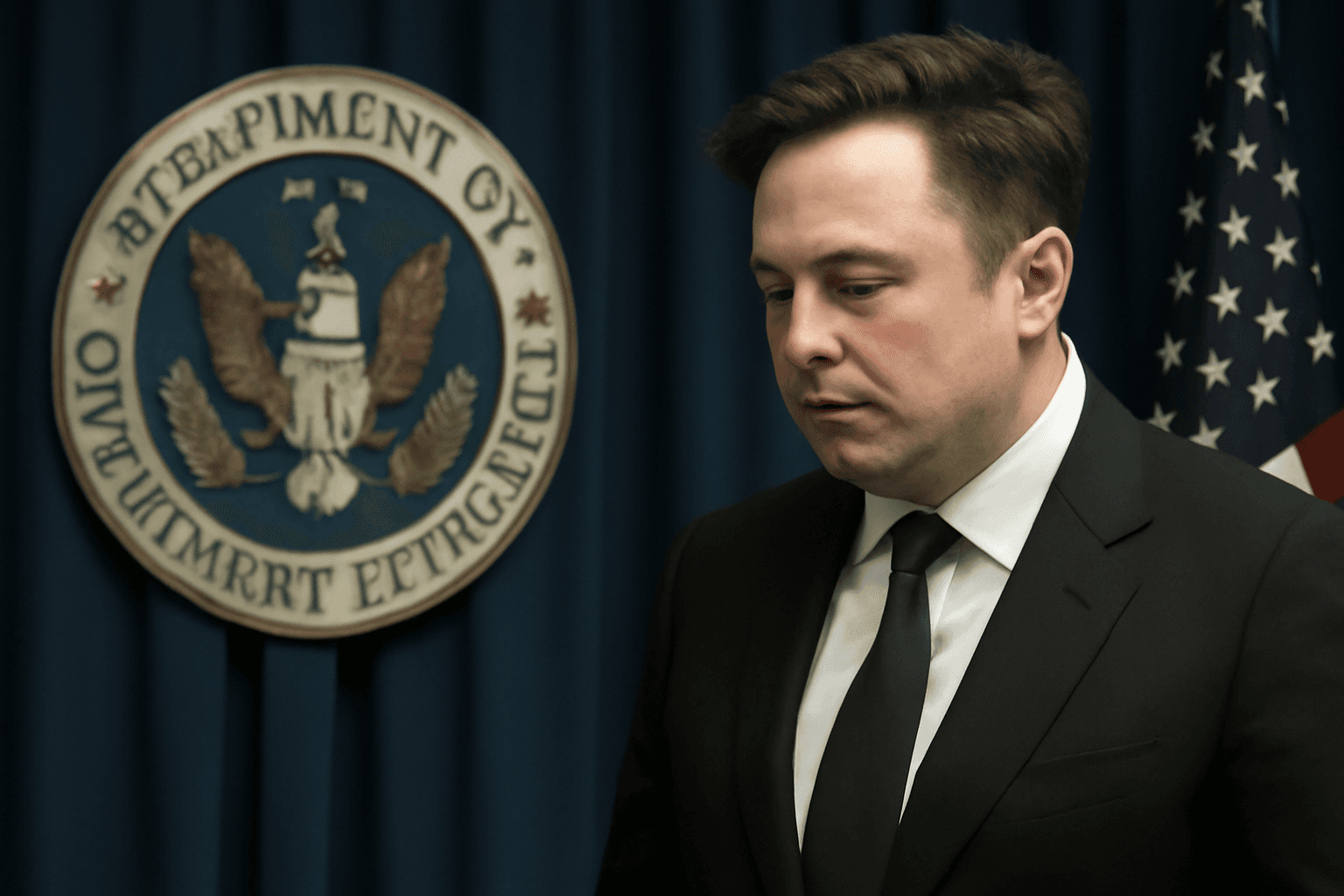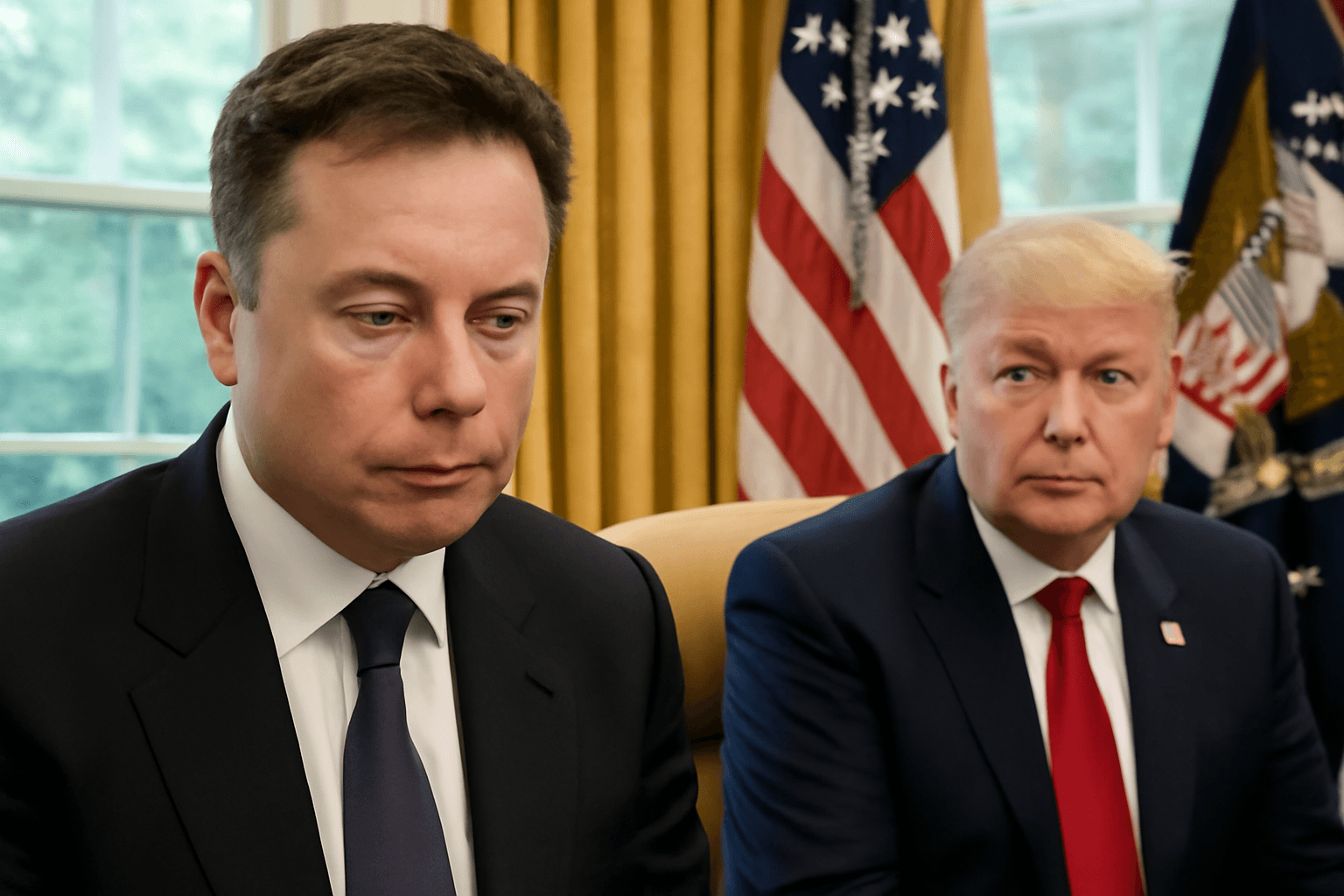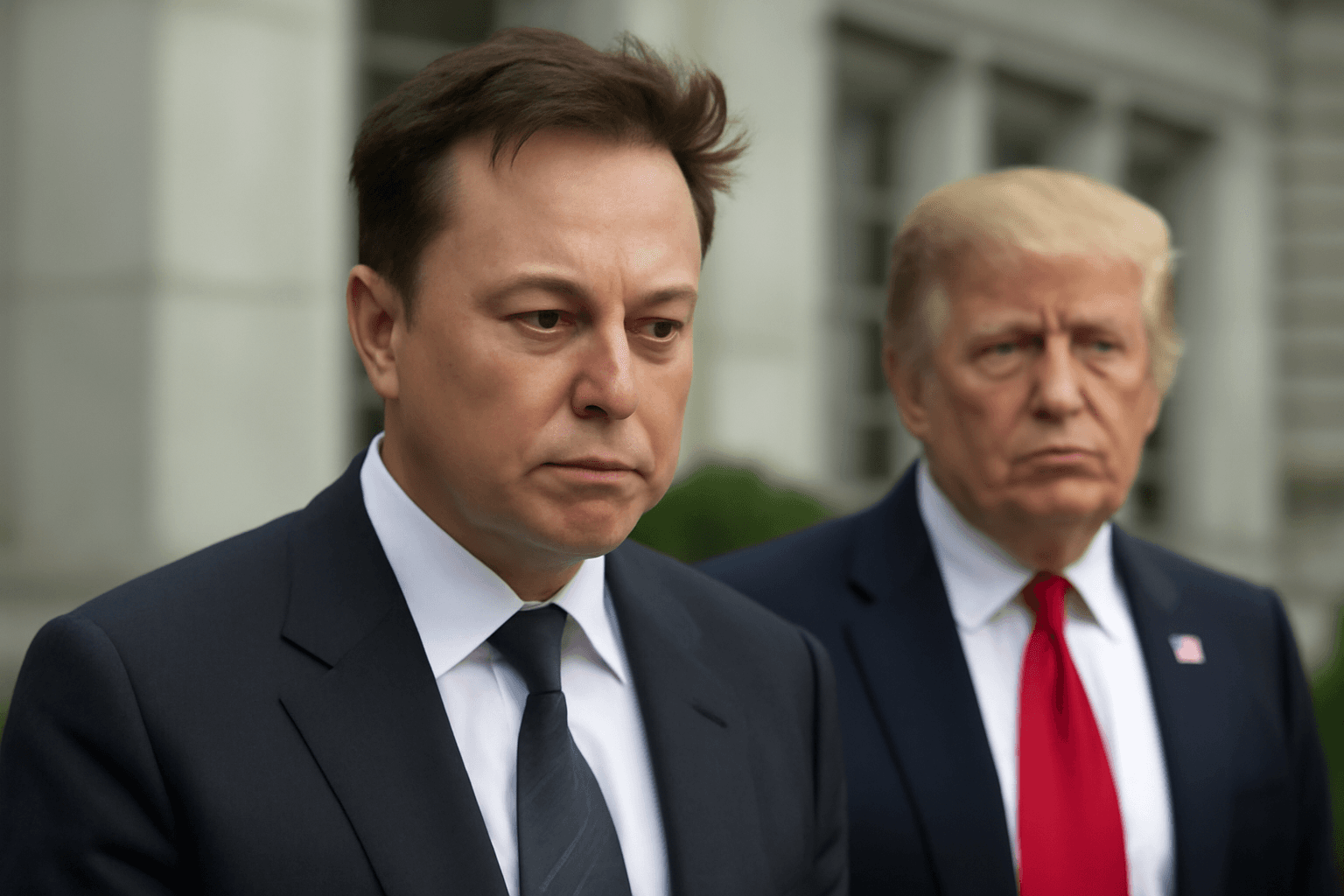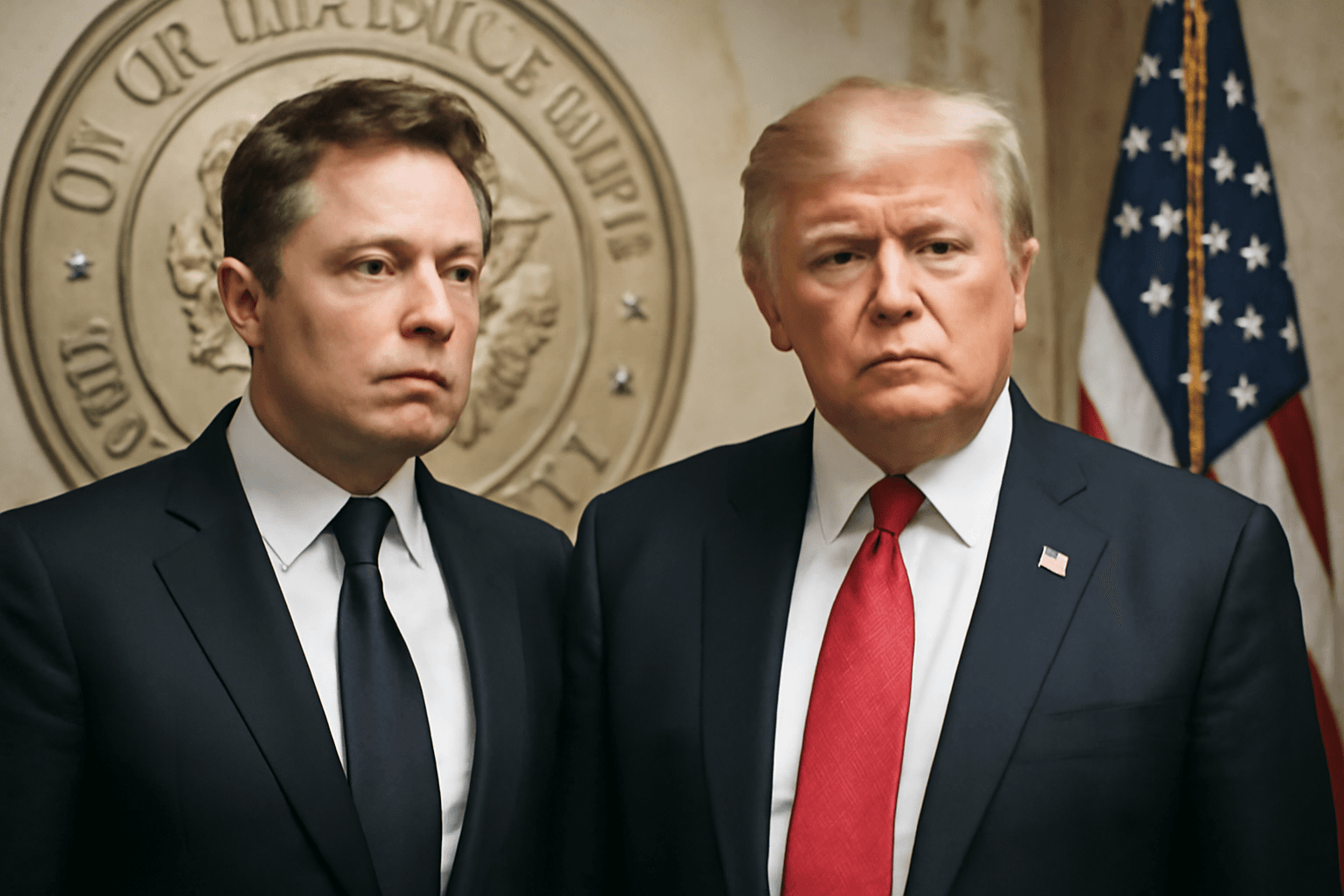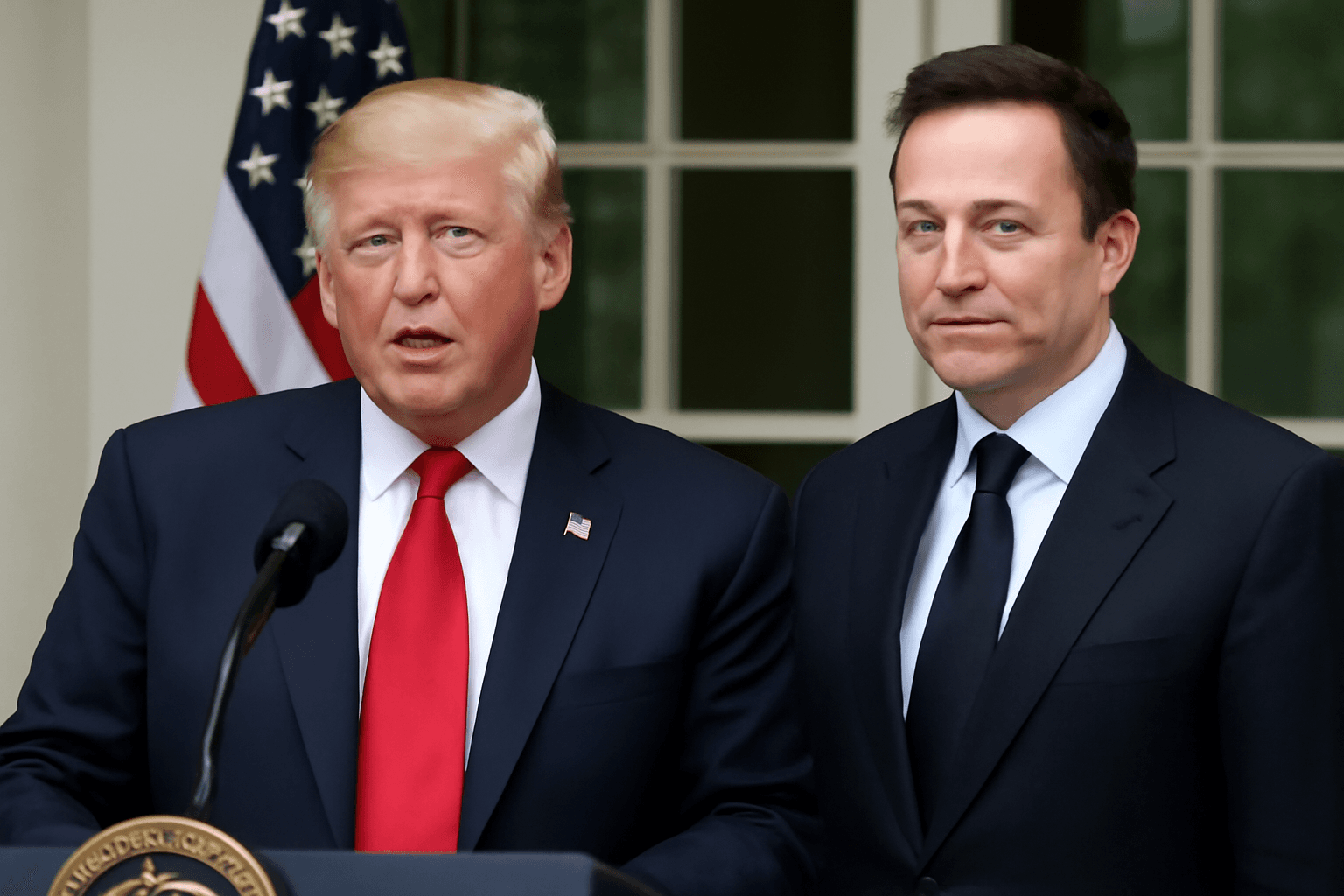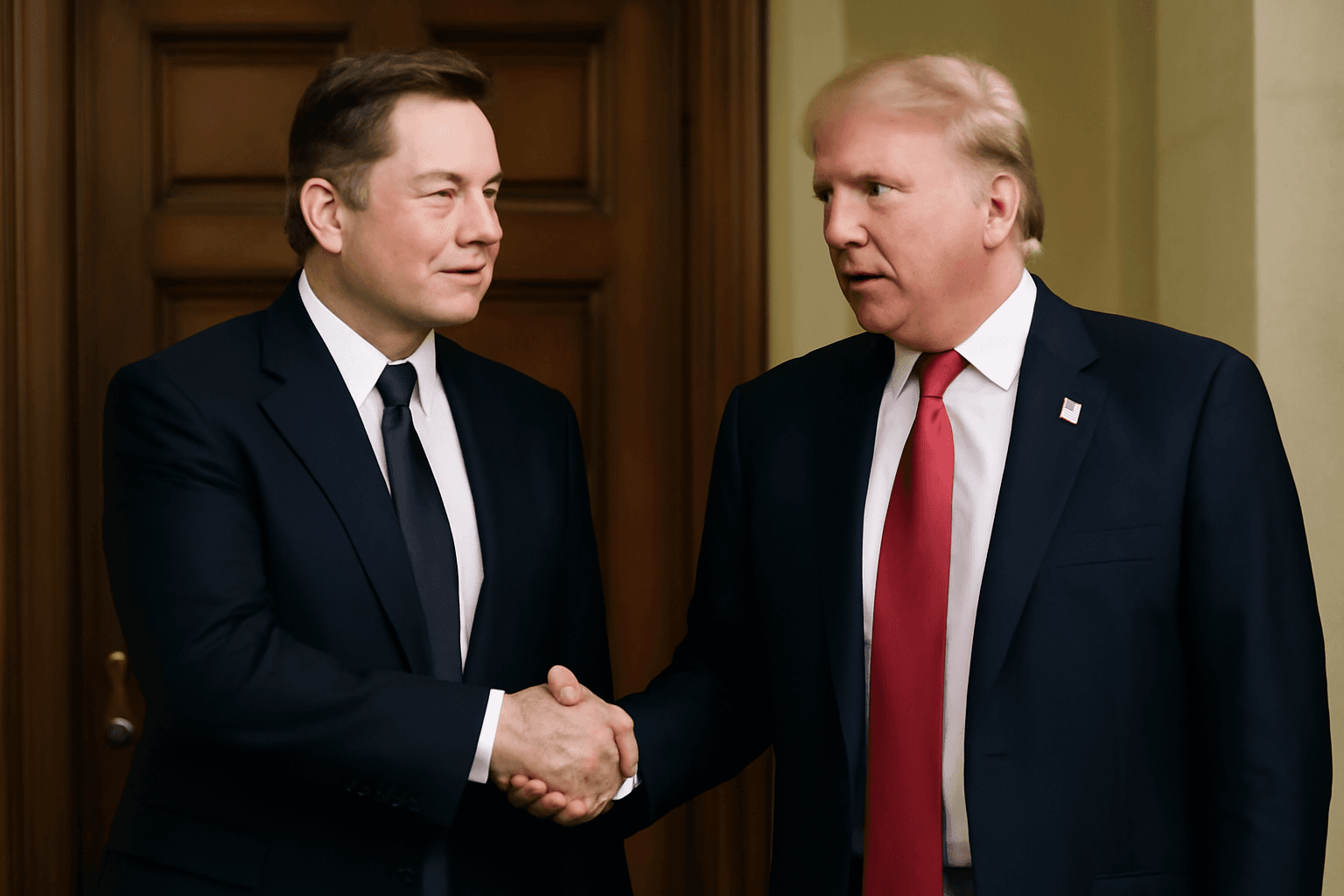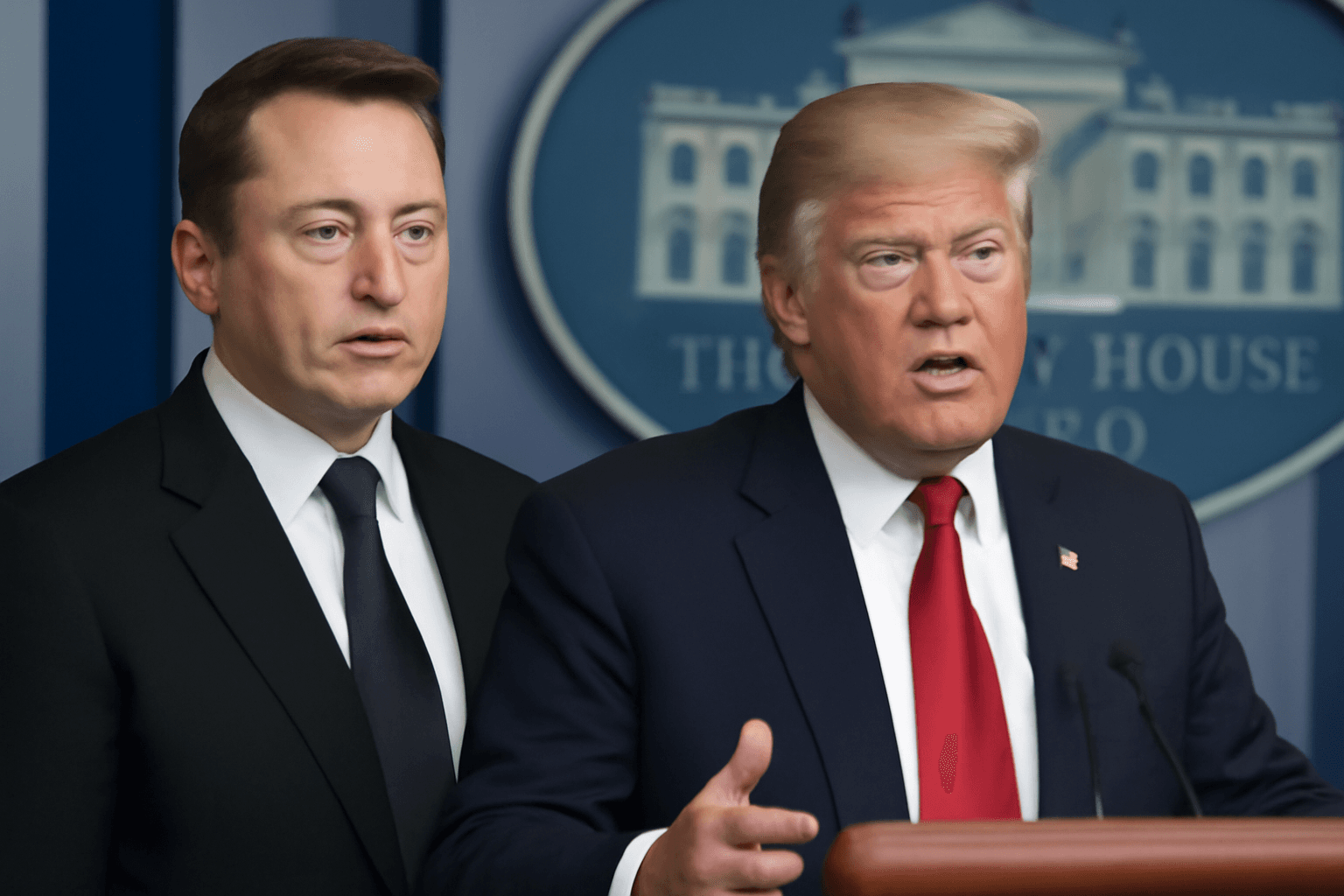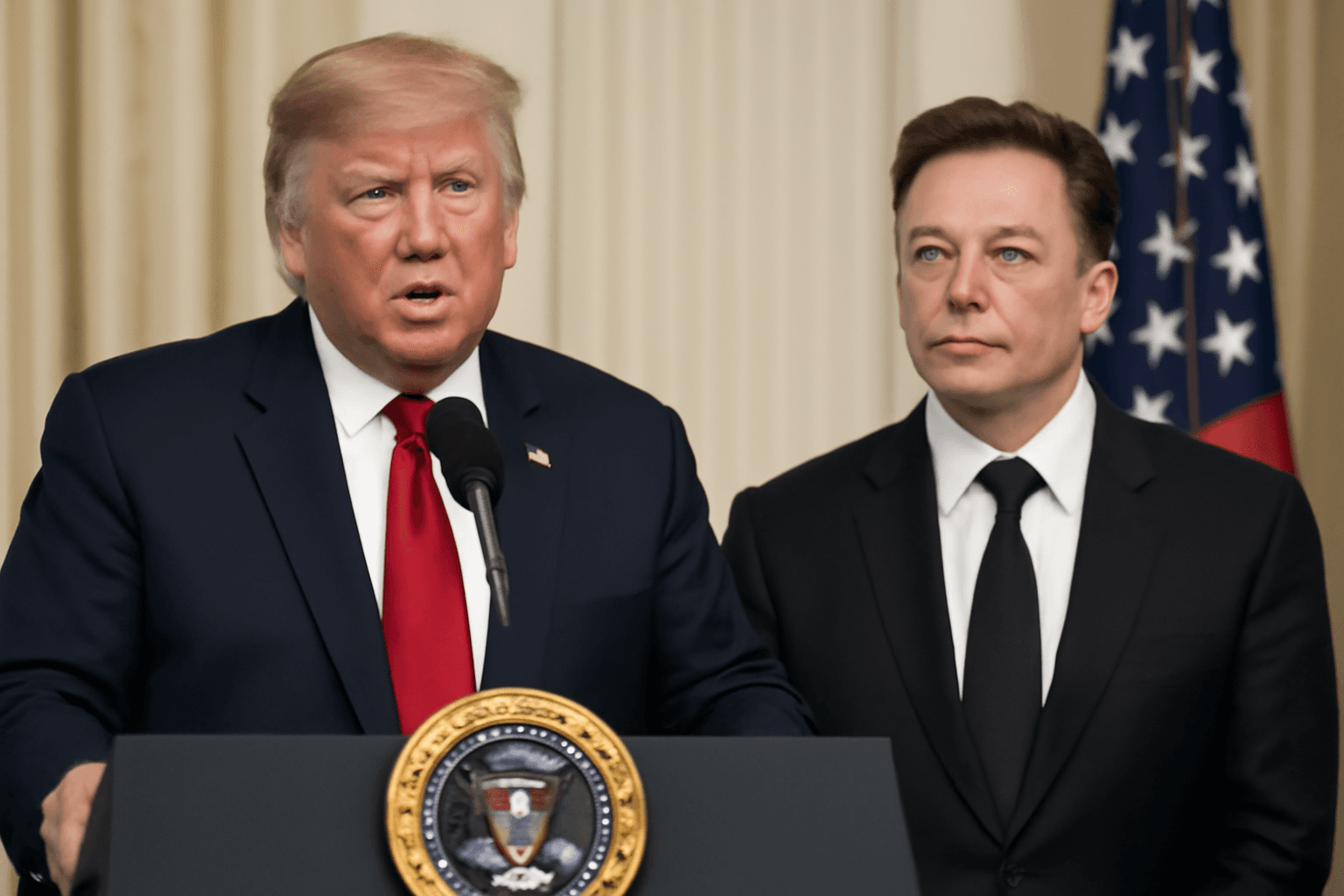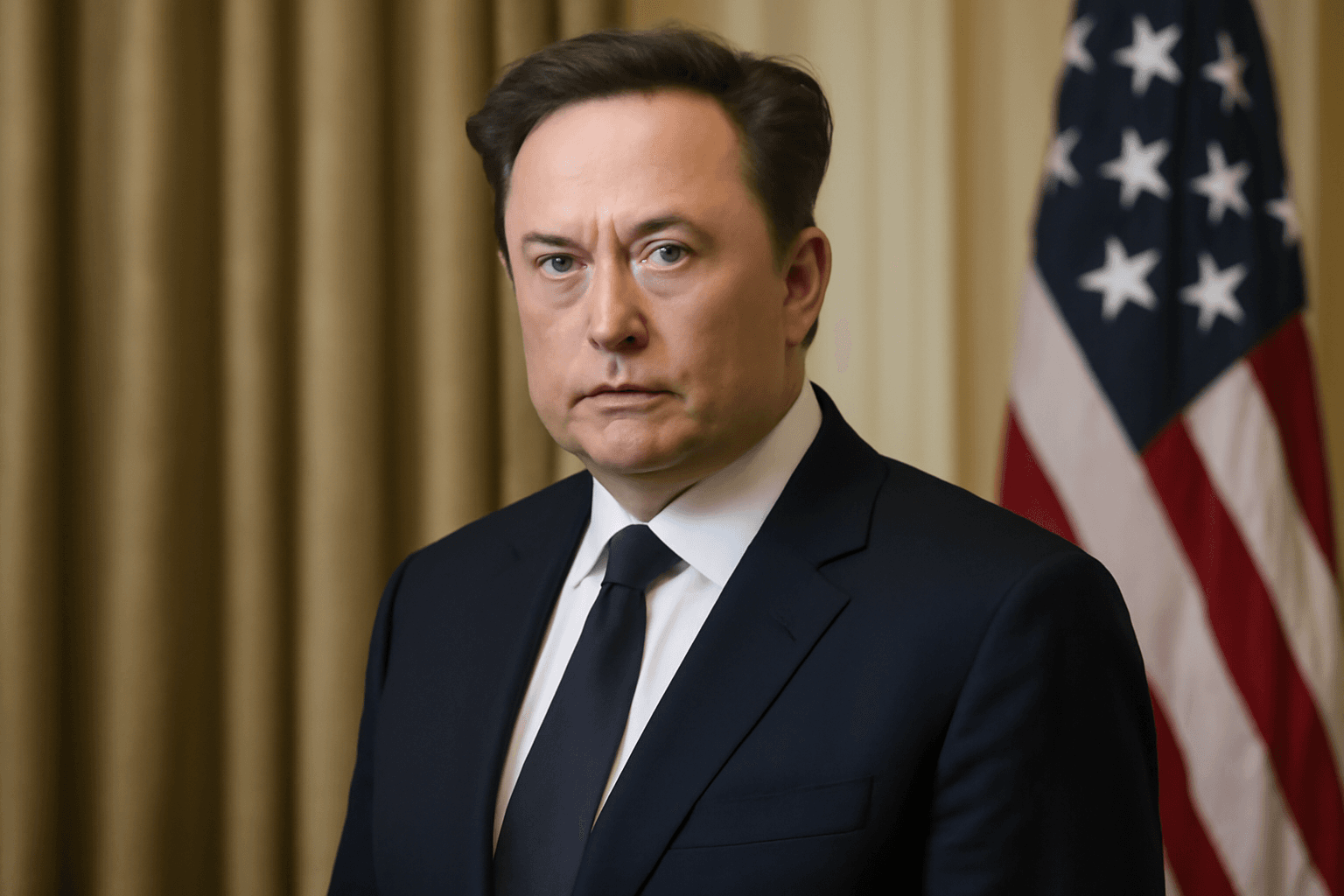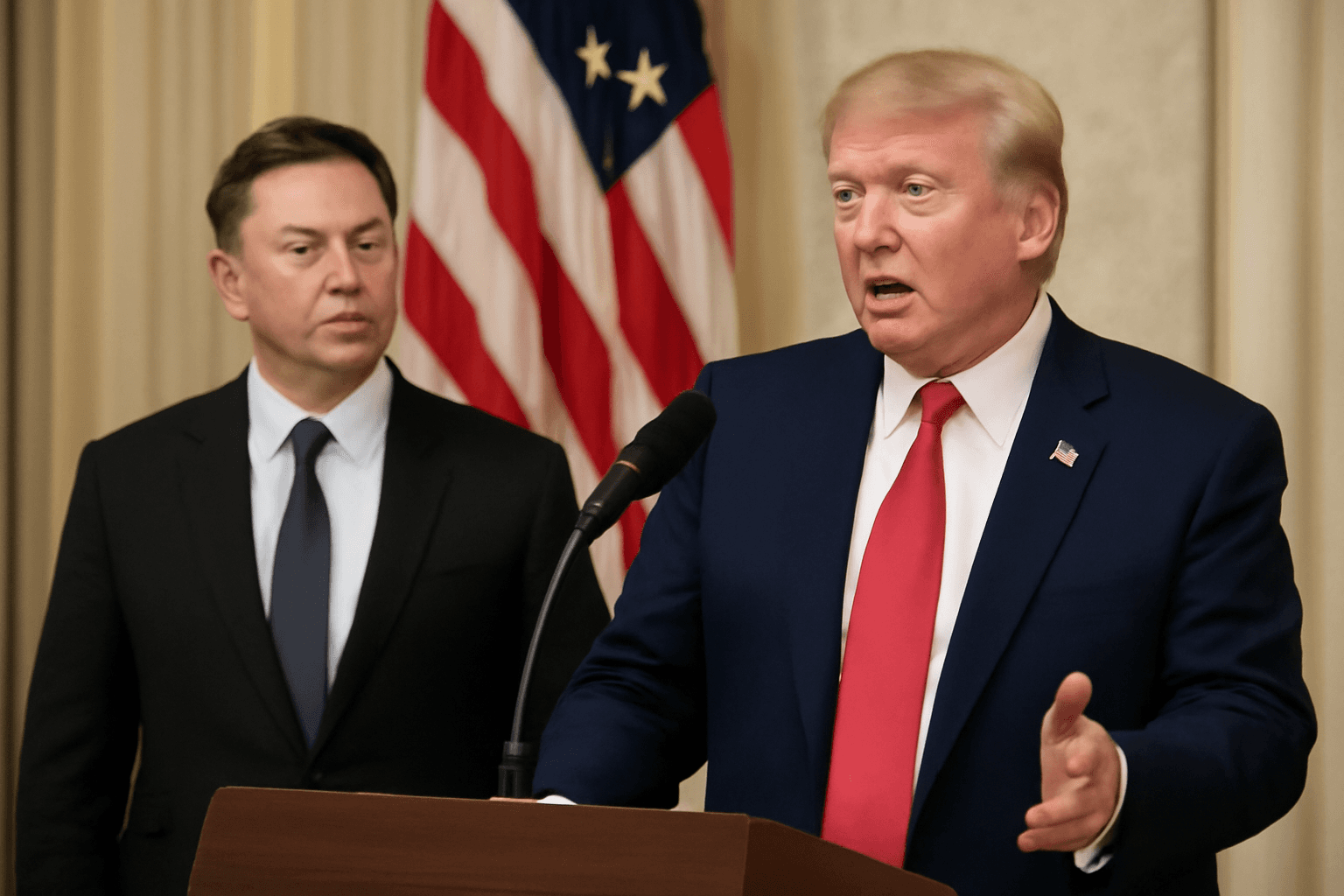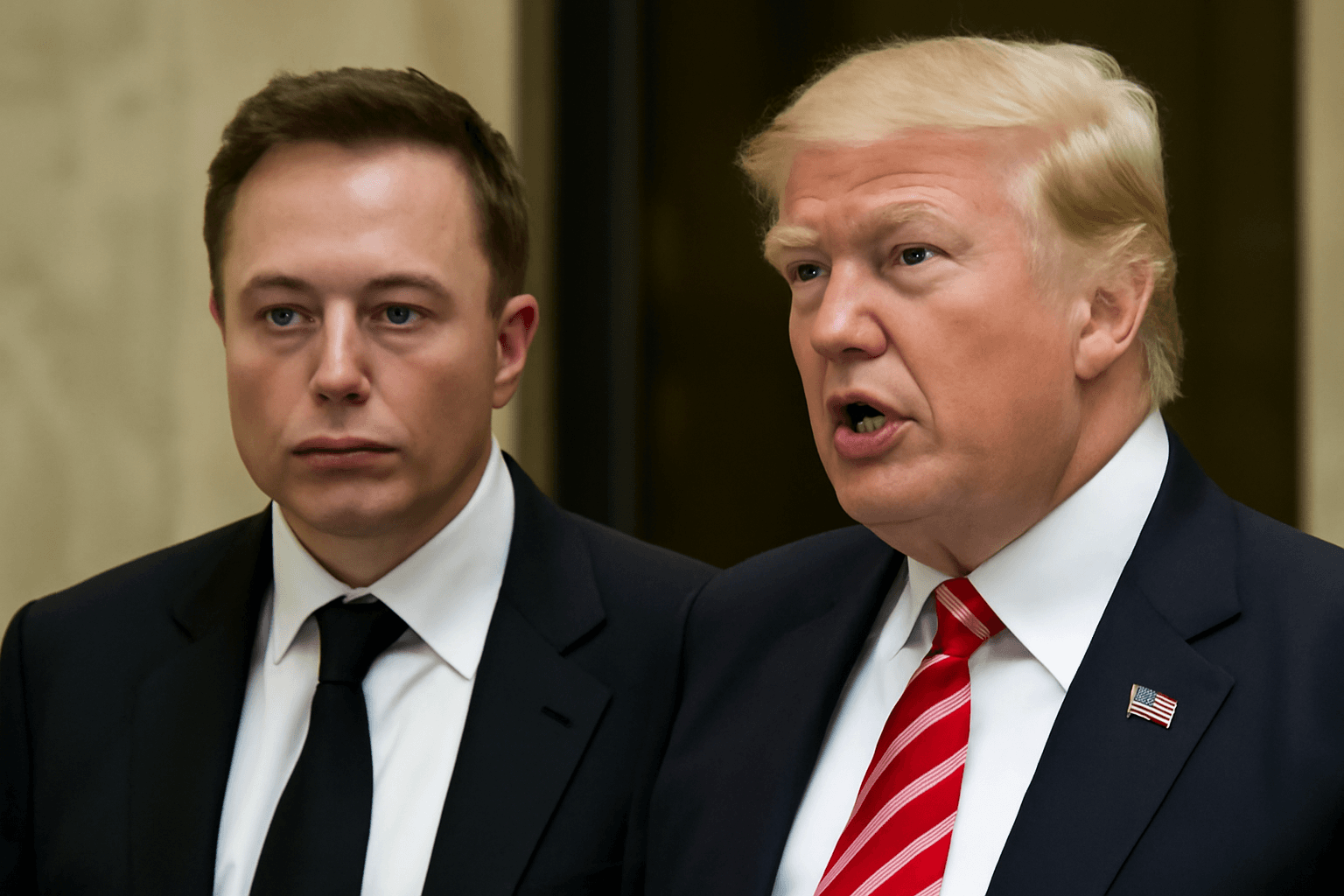In a notable turn of events, Elon Musk has stepped down from his role at the Department of Government Efficiency (DOGE), effectively ending his close working relationship with former President Donald Trump. Sources close to the former president confirmed the development in April 2025, with Musk officially announcing the resignation via a post on X (formerly Twitter).
Musk's departure from DOGE follows public criticism of Trump's recently championed budget bill, which Musk described as increasing the national deficit and undermining the department's efforts. The tension marked a sharp departure from their previously robust alliance, which included Musk donating approximately US$288 million to Trump's 2024 presidential re-election campaign.
The Musk-Trump partnership, once dubbed a "bromance for the ages" by British media, showed signs of strain earlier in 2025. Social media interactions between the two declined substantially, with Trump notably reducing public mentions of Musk. Reports also pointed to a rift emerging after Musk-backed candidates, such as Wisconsin Supreme Court nominee Brad Schimel, suffered electoral defeats, signaling cracks in Musk's political influence.
Despite stepping down as a special government employee—a position legally limited to 130 days—Musk is expected to continue in an informal advisory capacity. Trump downplayed the fallout, attributing Musk's departure partly to business pressures, citing Tesla's significant sales decline in Europe.
Historically, Musk and Trump have maintained a complicated relationship, ranging from mutual support to public disagreements. Notable moments include Musk's endorsement of Trump's immigration policies and their joint appearances during the 2024 campaign, contrasted with periods of sharp critique and rivalry over social media platforms.
With Musk refocusing on his corporate ventures and Trump preparing for potential political resurgence, this split underscores the volatility of alliances at the intersection of business and politics.

